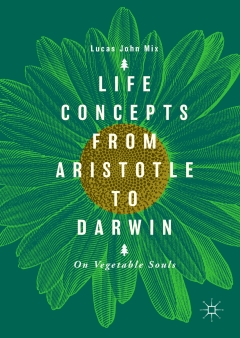
Life Concepts from Aristotle to Darwin: On Vegetable Souls
272-page history of biological life from Ancient Greece to the rise of modern biology geared toward academics working at the intersection of biology, philosophy, and theology. (2018 Palgrave Macmillan)
From the website: This book traces the history of life-concepts, with a focus on the vegetable souls of Aristotle, investigating how they were interpreted and eventually replaced by evolutionary biology. Philosophers have long struggled with the relationship between physics, physiology, and psychology, asking questions of organization, purpose, and agency. For two millennia, the vegetable soul, nutrition, and reproduction were commonly used to understand basic life and connect it to “higher” animal and vegetable life. Cartesian dualism and mechanism destroyed this bridge and left biology without an organizing principle until Darwin. Modern biology parallels Aristotelian vegetable life-concepts, but remains incompatible with the animal, rational, subjective, and spiritual life-concepts that developed through the centuries. Recent discoveries call for a second look at Aristotle’s ideas – though not their medieval descendants. Life remains an active, chemical process whose cause, identity, and purpose is self-perpetuation.
(Click on link for table of contents.)
“This an amazing tour de force, almost everything one would want to know about Western thought, from before Aristotle up to now as it bears on the still puzzling question: what is life? Much of philosophy and theology has been a debate about the meaning of “vegetable souls” (life) and modern biology, reductionist and mechanistic as it takes itself to be, still lacks a coherent answer. Mix’s book will be the definitive source from now on.” –W. Ford Doolittle, Dalhousie University, Canada
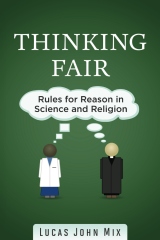
Thinking Fair: Rules for Reason in Science and Religion
300-page introduction to ideas of knowledge and belief aimed at college students and others interested in understanding why we think what we think. (2016 Create Space)
From the introduction: “We forget that the wisdom of the ages started as wisdom of the moment. The Age of Reason required an Age of Discovery. Reason must be more than getting from point A to point B. It should challenge us to understand the ground we’re covering. It should show us things we never looked for and teach us about the people we meet.”
Lucas Mix explores how we think and how we achieve our goals in this provocative and engaging exploration of what it means to think fairly , both alone and in groups. Dr. Mix brings together his work as an evolutionary biologist at Harvard, a priest of the Episcopal Church, and a martial arts teacher to show us what it means to play the game of reason. What are the rules and who decides? The book gives us a glance into what it means to be engaged in the search for truth, wherever it leads.
”…a vital and lively contribution to the con-temporary conversation between science and religion. Not only is he well-grounded in both fields; he has a rare ability to clarify the issues and to encourage serious and logical thinking. Thinking Fair offers badly needed help for this dialogue—and for the parallel conversation between religion and the “new” atheism, in which science figures so largely. Any one of whatever persuasion who is tackling this project should have Mix’s help.”
– L. William Countryman, author of Living on the Border of the Holy
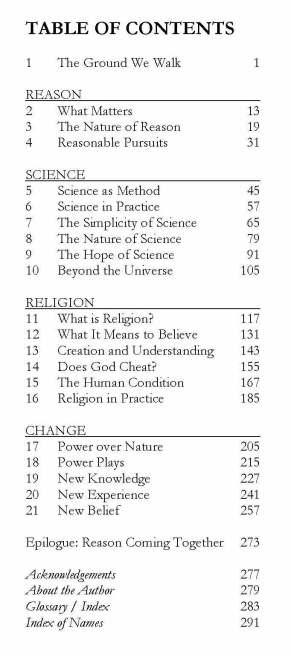
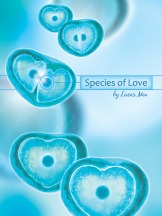
18 poems dealing with love and communication. (2015 Create Space)
How do we understand desire, loss, and fulfillment? How do we understand ourselves in light of our relationships with others? Mix offers humor and vulnerability, but also a deep sense of the interconnectedness of science, theology, and personal experience as we make sense of the world. Ultimately hopeful, the book deals squarely with the pain and challenge of falling in love – whether with God or with another person.
“In the poems of Lucas Mix we experience the confluence of three sometimes disparate ways of being: the poet, the scientist, and the priest. But the three minds here are one, united by a curiosity about the mysteries of being. Sometimes witty and playful, sometimes unabashedly sincere—the tones vary in this contemporary exploration of traditional lyric themes: love, God, and mortality. We come from these poems assured that the questions that badger us in private are questions we all share, and that in asking them we affirm our humanity.” –Christopher Nelson, author of Blue House
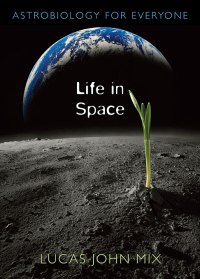
Life in Space: Astrobiology for Everyone
344-page introduction to astrobiology – the scientific study of the origins, extent, and future of life in the universe – for a general audience. (2009 Harvard University Press)
Life is a property of the universe. We may not know how it began or where else it exists, but we have come to know a great deal about how it relates to stars, planets, and the larger cosmos. In clear and compelling terms, this book shows how the emerging field of astrobiology investigates the nature of life in space. How did life begin? How common is it? Where do we fit in? These are the important questions that astrobiology seeks to answer.
A truly interdisciplinary endeavor, astrobiology looks at the evidence of astronomy, biology, physics, chemistry, and a host of other fields. A grand narrative emerges, beginning from the smallest, most common particles yet producing amazing complexity and order. Lucas Mix is a congenial guide through the depths of astrobiology, exploring how the presence of planets around other stars affects our knowledge of our own; how water, carbon, and electrons interact to form life as we know it; and how the processes of evolution and entropy act upon every living thing.
This book also reveals that our understanding and our context are deeply intertwined. It shows how much astrobiology can tell us about who we are—as a planet, as a species, and as individuals.